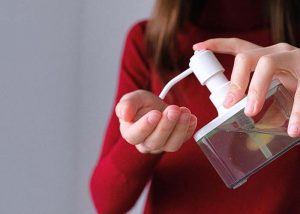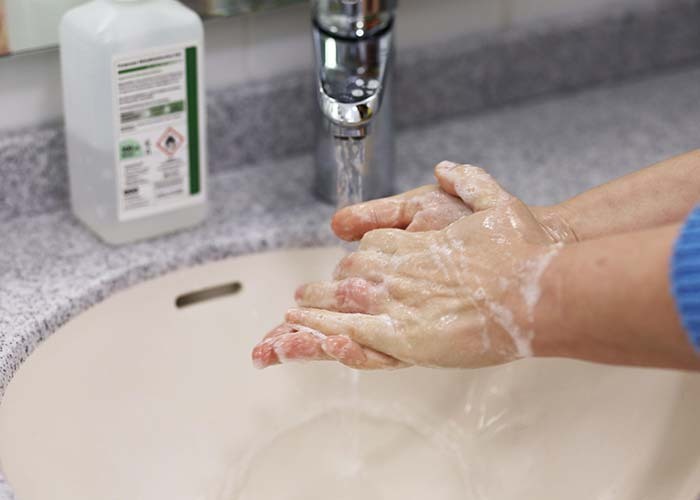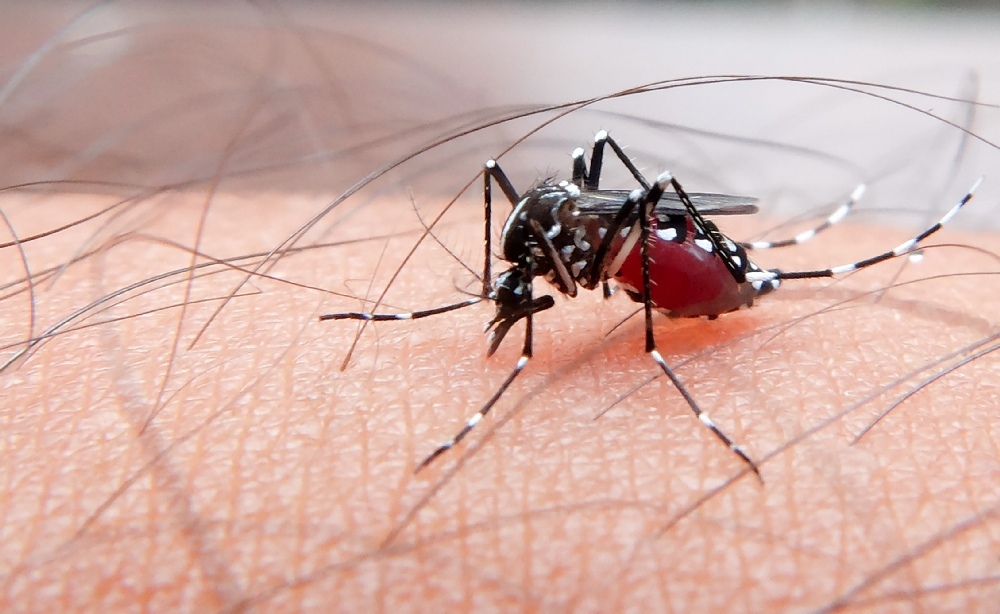Overview
Washing your hands frequently is extremely important. It has become even more necessary after this emergency of Covid-19. The widespread infections have cautioned us to be preventive. Therefore, following safety measures like washing and sanitising hands must be practised frequently.
Although our parents taught us that washing our hands is a good practice, we often forget its importance. This article shall discuss how crucial it is for anyone to wash their hands correctly.
Why is handwashing so important?
Handwashing is a common practice crucial for everyone. Whether you are a kid or an adult, one should wash their hands multiple times a day. Our hands get exposed to numerous dirty surfaces throughout the day. Unknowingly, we touch our faces, eyes, and several other body parts. It can increase the risk of germs spreading, causing infections. We can simply include hand washing frequently in our daily routine and prevent the spread of infections.
When Should I Wash My Hands?
Make sure you wash your hands during the following activities:
- Having a meal
- Preparing Food in the kitchen
- Treating an open cut or wound
- Assisting a sick person (primarily due to vomiting or diarrhoea)
- Using toilet
- Coughing, sneezing, or blowing your nose
- Playing with pets
- Disposing the garbage
- Coming back from outside
The Right Way To Wash Hands
Preventing germs from spreading is easy if done correctly. There is a basic set of steps you should follow to get hands that are clean and germ-free. You may also watch this video for a better illustration.
- Wet your hands properly. Turn off the faucet and take the required amount of soap in your palms.
- Rub your palms smoothly such that it produces a lather. Rub appropriately at the back, in between the fingers, and towards the tips of your nails.
- Continue the process for about 20 seconds.
- Once done, rinse your hands nicely.
- Dry your hands using an air dryer, hand towel, or tissue.
Things To Keep In Mind
Whenever you wash your hands, you need to remember a few things. These are:
- Use a liquid soap: People have been using conventional bar soaps for a long time. However, they associate a high risk of spreading germs due to physical touch. To overcome this problem, make use of liquid soaps and sanitizers.
- Remove Jewellery:Ornaments like bracelets and rings are areas where germs are more likely to breed. Also, since they are challenging to clean, remove them, especially while working in the kitchen.
- Do a pre-prep: Make sure you keep all the ingredients in the front before you start kneading dough or mixing meat. It controls the chances of contamination.
- Dry your hands: This is equally important as washing is. Since wet surfaces provide the optimal temperature for propagation, they attract more germs and bacteria. Pat your hands dry with a hand towel or tissue. Dispose them off properly after use.
How Good Is Hand Sanitizer As An Alternative?

Whenever you can’t wash your hands with soap and water, an Alcohol-Based Hand Sanitizer can serve the purpose enough!
It is not possible to always have soap and water beside you. Use an alcohol-based hand sanitizer with at least 60% alcohol content in such a situation. They are known to remove germs and bacteria from your hands speedily. However, hand sanitizers have limitations for their use. These include:
- They do not clear visible dirt or grease.
- Sanitizers do not kill all types of germs.
- They do not remove harmful chemicals such as metal oxides and pesticides from your hands.
To ensure that you use hand-sanitizer properly, follow these steps:
- Take an appropriate amount of liquid (or gel) on the palm of your hand.
- Rub it between both your palms until it finally gets dry.
- The entire rubbing process should roughly take 20 seconds.
Conclusion
Now that you know how to wash your hands the right way, execute it and stop the germs from contaminating. Small steps often safeguard you from more significant problems in the future. That is why it is rightly said, “prevention is better than cure.” So, keep washing your hands frequently and contribute to a better and healthier society.
References
When and How to Wash Your Hands | Handwashing | CDC






